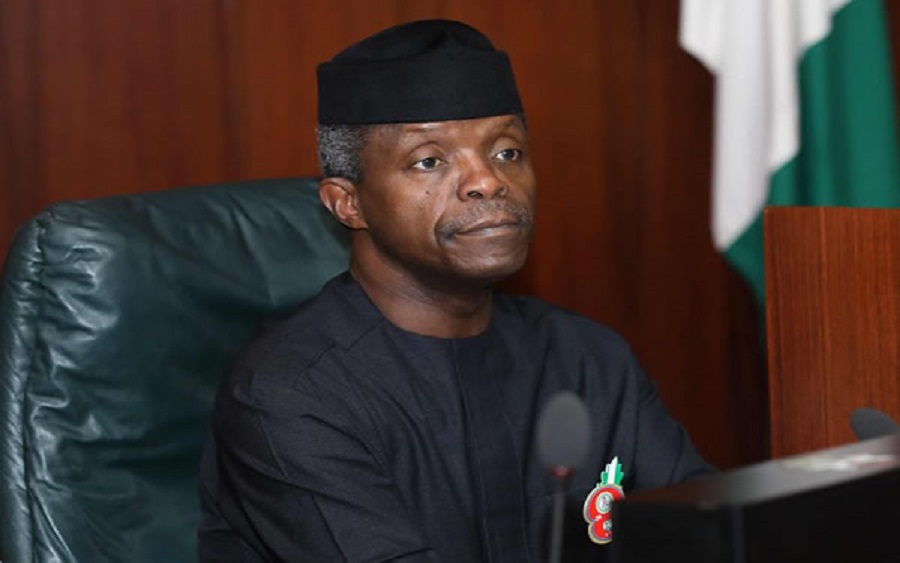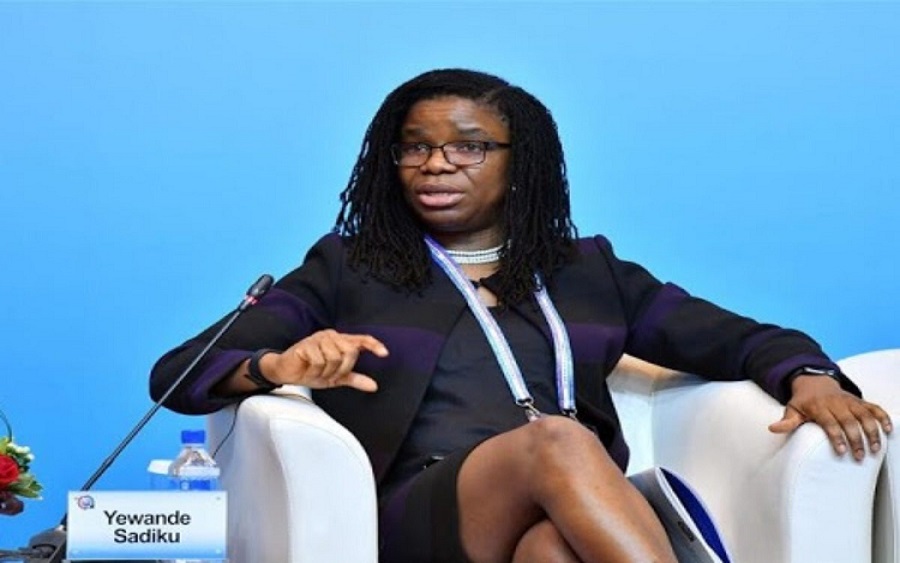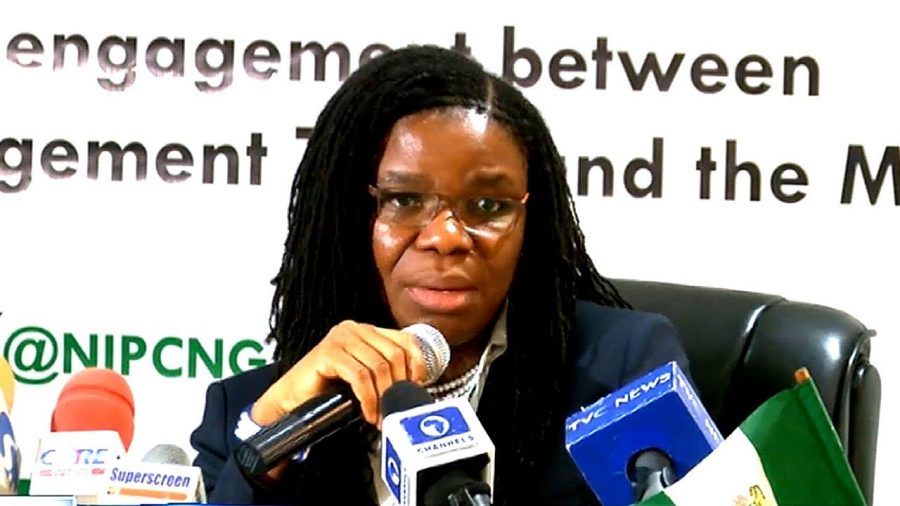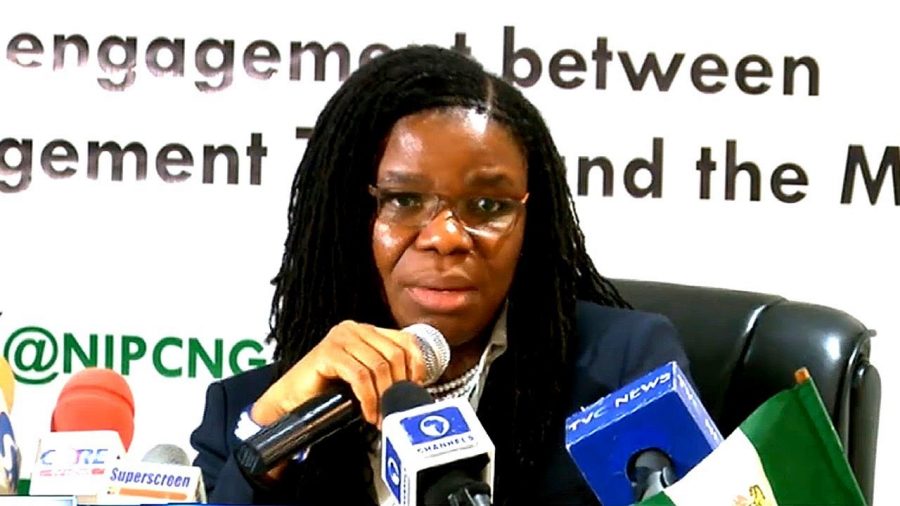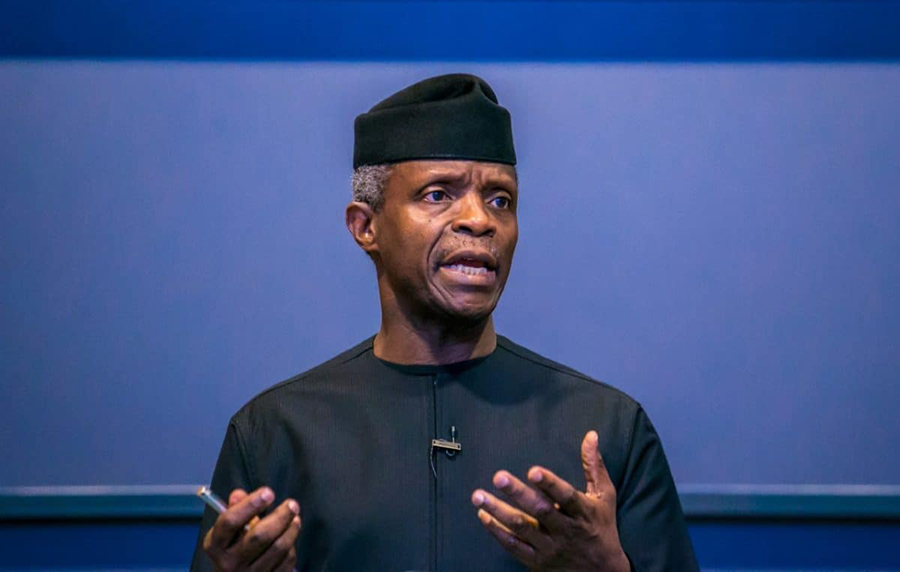Vice President Yemi Osinbajo has stated that the implementation of Nigeria’s Public-Private Partnership (PPP) model of infrastructure development is a result of successful tax credit initiatives by the Federal Government.
Osinbajo disclosed this at a webinar titled “Investment Opportunities in Nigeria’s Privatisation and Economic Reform Programme” organised by the Bureau of Public Enterprises (BPE) in collaboration with the Nigerian Investment Promotion Commission (NIPC) and the Nigerian Exchange Group (NGX) on Tuesday in Abuja.
He stated that the PPP model for infrastructure development has already seen results in the areas of road construction nationwide.
What the Vice President said
“Today several road projects that may have presented funding difficulties for the government have been done under a scheme that allows private entities, especially corporate organisations in Nigeria to build.
While government forbears on taxes they pay to the extent of their financial obligations on infrastructure,” he said.
This has proven to be very successful. For example, today the Nigeria Liquefied Natural Gas project is building the Bodo-Bonny bridge and road.
This is a huge project that is costing almost N200 billion and it is building it on that tax credit basis.
Also, Dangote built the Obajana-Kabba Road in Kogi State on that basis, and is currently doing the Apapa-Oworoshonki Road in Lagos also on this tax credit basis,” he added.
Osinbajo added that the Infrastructure Corporation of Nigeria (INFRACO), a N15 trillion fund for infrastructural development in Nigeria, would also enable Nigeria to close its infrastructure deficit and also boost more PPP projects in the country.
What you should know
The BPE announced yesterday that the Federal Government has selected 36 projects across diverse sectors of the economy for sale, concession, or privatization, with the CBN Governor, Emiefiele revealing that Nigeria’s infrastructure fund is expected to begin full operation by the third quarter of 2021.

